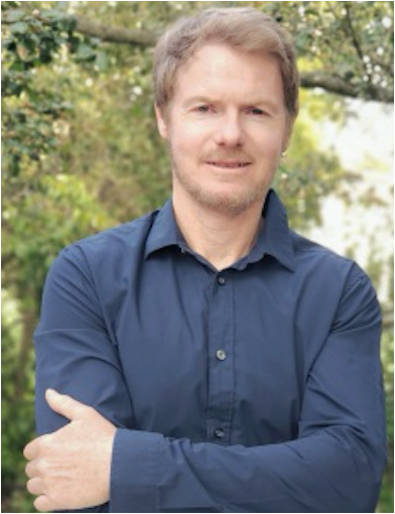
Promise and Peril


Well over a year and counting, the coronavirus pandemic offers a prime example of the growing volume and complexity of data in the field of healthcare. In a matter of weeks, the dearth of COVID-19 information early on became an explosion of data, as caseloads skyrocketed and scientists and physicians around the world bent their efforts toward understanding how the disease works, how to detect it, how to mitigate symptoms and an exponential infection rate, and how to develop adequate protection against it.
Now, even with the glimmer of light at the end of the tunnel thanks to vaccines, questions linger about topics such as long-term effects and variants. Fortunately, a suite of tools exists that can handle the vast amount of disparate, evolving data generated in the healthcare environment.
“The increasing complexity and sheer volume of data available in healthcare have led to a growing interest in deploying artificial intelligence tools to support clinical decisions, improve patient outcomes and optimize treatment efficiency,” said UC Santa Barbara computer scientist William Wang, who specializes in machine learning.
However, for all the potential of AI to process data and rapidly find solutions, according to Wang, challenges remain to its wide deployment, not the least of which are lack of trust, and ethical and legal questions.
UC Santa Barbara brain scientist Miguel Eckstein, whose specialty lies in visual search, concurs. “For example,” he said, “a very recent survey of 1,8611 radiologists published in the Journal of the College of Radiology shows that only 33% of radiologists are currently using AI.” More than half of all radiologists see no benefit in using AI, he added, and the vast majority (about 94%) find its performance in clinical practice inconsistent.
With all that in mind, Eckstein and Wang, as joint heads of the campus’s cross-disciplinary Mellichamp Mind & Machine Intelligence Initiative, are steering their focus toward healthcare as they present the 2021 Annual Summit: “AI in Healthcare: Promise and Perils”. The three half-day virtual event will bring prominent researchers together to examine and discuss the state-of-the-art of AI in healthcare and the ways it can be used or misused in that setting.
The virtual summit, which takes place from June 1-3, is free and open to the public.
With artificial intelligence, healthcare could become more accessible, efficient and effective than ever. But it’s not a matter of handing over the keys to our bodies and our health to a massive computing intelligence.
“Can we create AI that sustains the competence of the doctor?” Eckstein said. “We do not want to have doctors who overly rely on AI systems and lose their ability to detect and treat disease. We also want AI that teaches and improves the capabilities of physicians to make decisions.”
There are intriguing problems on the technology side as well.
“How can we build explainable and interpretable AI systems for healthcare?” Wang said. “How do we make sure that AI-powered healthcare systems are fair and robust when trained with biased historical data? Can AI-powered robots take care of basic needs from infectious patients and reduce infection among healthcare workers in the next pandemic?”
These questions and more inform the summit’s planned talks, which are organized around “AI, Doctors, and Patients” (June 1); “AI, Radiology, and Decisions” (June 2); and “AI and COVID-19” (June 3).
The goal of the summit, according to Eckstein and Wang, is to create opportunities for open discussions about the benefits and challenges of artificial intelligence in the healthcare domain, in the hopes of identifying challenges and motivating future directions of research.
It’s all in line with the larger mission of the Mind & Machine Intelligence Initiative, the purpose of which, according to Eckstein, is to “ask the difficult questions about AI and the human mind, and promote these conversations.
“We hope the participants walk away more informed about the complexity of the issues, and researchers become inspired to work on the challenging path ahead,” he said.
This event, made possible by the generosity of Duncan and Suzanne Mellichamp, is co-sponsored by the Mind & Machine Intelligence Initiative, the Center for Information Technology and Society, the Center for Responsible Machine Learning, Cottage Health Research Institute, and the Institute for Collaborative Biotechnologies.



